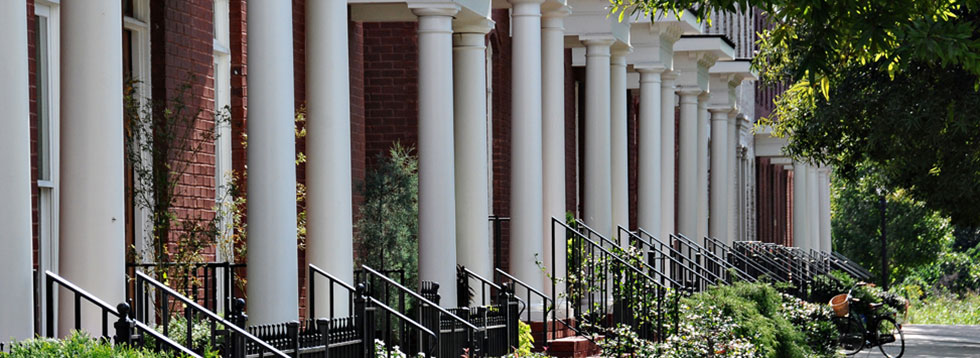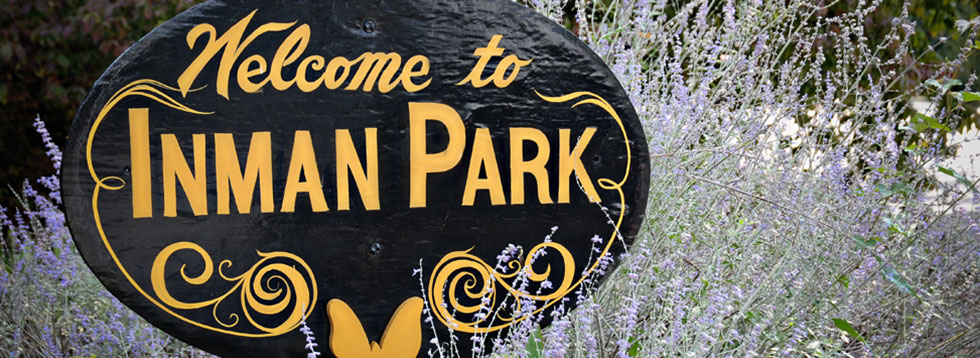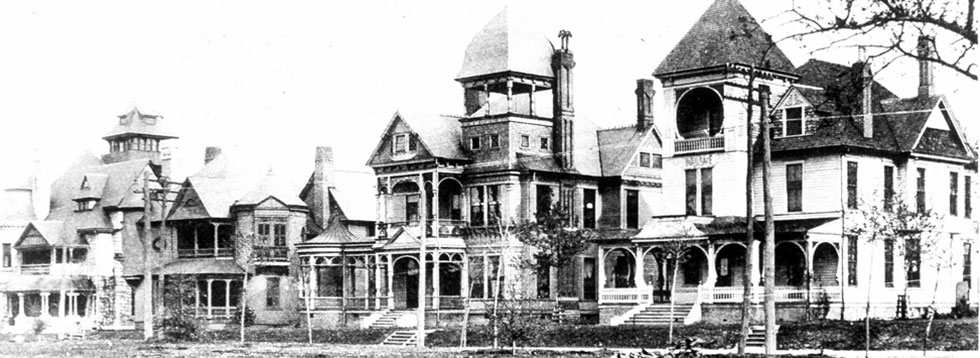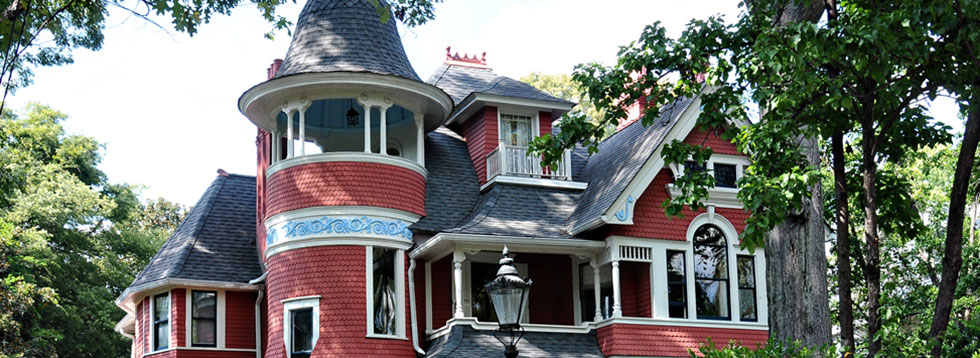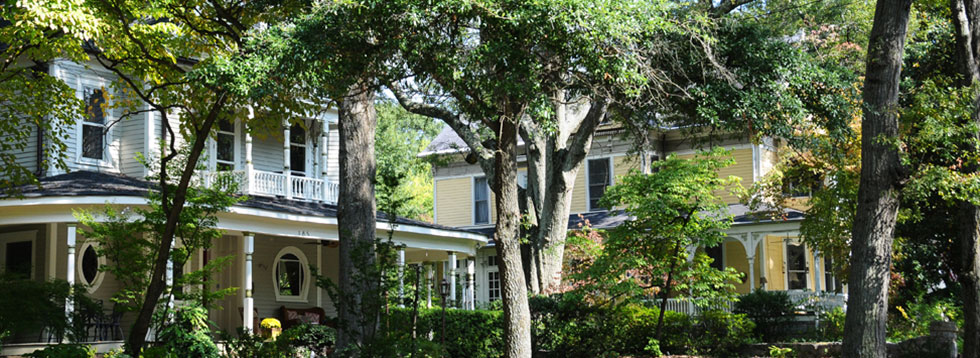The art of Filming in Inman Park
Karen Goeckel, Special Events Chair
I’ve heard stories about a circus that would come to town, setting up in the property that is now Inman Inman Village on Lake Ave (long before the Mead plant stood on the same grounds) while it’s performers and various other hired hands would enjoy the hospitality of nearby residents. –So it is fitting that even now Inman Park is still a place that entices and welcomes “show-folk!”
As Georgia’s film and television industry grew by $1 billion in 2016, generating $7 billion in revenue with 245 feature films and TV shows shot in Georgia. Our beloved “small town downtown” has contributed to the $2.02 billion in direct spending in the state, helping the film industry create a home in Georgia that Governor Deal and Mayor Reed are committed nurture, creating jobs and economic opportunities.
Inman Park has always caught the eye of shrewd location scouts and is a popular on-camera location for motion picture and television filming for many reasons: diverse commercial spaces, historical homes, attractively maintained parks and its proximity to the city. A world can easily be created to resemble 1901 again just as easily as it could reflect modern life, which is why some of the productions filmed in our neighborhood have included Jumanji, Baby Driver, Neighbors 2, Being Mary Jane, What to Expect When You Are Expecting, Zombieland, Hangman, MacGyver, Star, Sleepy Hollow, The Originals, Fast and Furious 7, The Immortal Life of Henrietta Lacks, Kill the Messenger and many, many commercials and music videos.
Filming can be exciting and fun, but it also can mean short-term guests creating a few inconveniences such as dedicating street parking for equipment trucks, generating some additional noise or closing streets. How do we balance the need for that multi-billion-dollar business to use our homes, businesses, streets and parks in their films and quality of life of everyday?
Communication with each other and being consistent with the City that we only want productions that give proper notice and follow the rules. No one likes rules, of course, but they exist to set clear expectations for productions to follow so that the City can balance the demands of producers with the quality of life concerns of its taxpayers.
Inman Park is, first and foremost, a neighborhood, not a studio back-lot, and while businesses and residents can make a little extra money on their property, filming affects more than just the people earning the location fee. It is important to be educated and to carefully consider the impact on both your property and your neighbor’s before you sign on the dotted line.
If you are approached to use your home, business or property as a location in a filming project, here are some tips and questions to ask:
- How many days will the property be needed? Is this a one-day, in-and-out shoot or will there be prep and breakdown days? What is the best guess for number and duration of those days?
- Is this a “one-off” location or a re-occurring location? --Meaning will they need to come back more than once?
- Is this a day time or a night scene (or both)? When filming occurs at night, bright lights and noise may disturb your neighbors making it all the more important that your immediate neighbors are informed.
- Do they want to use the inside and the outside of the property? If they want the outside, the impact will be larger on your neighbors because outside work means there will need to be staging of equipment outside of the on-camera “safe” zone.
- What is the action of the scene (what are they specifically going to do on your property)?
- Will there be amplified music, smoke or special effects such as explosions or gunfire?
If you make the decision to use your property as a location make sure you are issued an insurance certificate and make sure to have a copy of that insurance certificate before filming starts. If any of your neighbors allow their driveways or property to use used as support locations they should be issued insurance certificates as well.
Talk to your neighbors on either side of you and across the street BEFORE you sign the contract and let them know what might be taking place at your property or place of business. Find out their concerns and make sure they will not object before you get too far down the process with the film company. You can open your house to a scout (who will take pictures) but do not commit yourself until you know more details.
If a location service asks to represent your property that is fine but be careful not sign any exclusive deals. You can be in as many databases as you want to be featured and maintain the option to have your property available to be used in any project, not just the ones where a particular representative takes a cut of your location fee. You can even self-submit your property to the GA Department of Economic Development at http://www.georgia.org/industries/entertainment/georgia-film-tv-production/list-your-property-as-a-film-location/
As the location owner you are the most important and powerful advocate for the neighborhood and your neighbors. While the permit process in the City of Atlanta requires the production company to notify the immediate neighbors, the property owner should be proactive and discuss the company's planned activities and parking plans prior to the shoot. Convey any concerns voiced by your neighbors to the production company. This will help avoid problems like blocked access to shared driveways that can cause ill will between neighbors.
Hosting filming frequently can take a toll on neighbors who may not receive the direct financial benefits that you enjoy. Most film companies donate a “thank you” gift to the Inman Park Neighborhood Association (though they are not required to make a donation). Those donations go to beautification and security patrol (repairing sidewalk and parks and staffing security shifts). We welcome donations to IPNA from each of the productions that shoot here so, ultimately, we all benefit from their presence.
To find out more about film permitting in the City of Atlanta go to http://www.atlantaga.gov/ and search for Office of Film and Entertainment. You can also call or email:
City of Atlanta Office of Film & Entertainment Director: Christopher Hicks 404.330.6006
City of Atlanta Office of Film & Entertainment Production Manager: Cardellia Hunter, [email protected], 404.330.6207
Film Office Main Line: 404.330.6006
24/7 Hotline: 404-295-0630
If you ever have concerns about how a production is conducting itself, approach one of the police officers on duty and either ask for the situation to be rectified or ask for someone in the Locations Department. They should always be able to produce a copy of the permit upon request. If you are still not satisfied with the solution, call the film office 24/7 hotline.
Most of the film professionals want to be respectful of our homes and streets. –At the end of the day, they want to be invited back! By being proactive and helping to make sure your neighbors are informed and in agreement, everyone can win.


